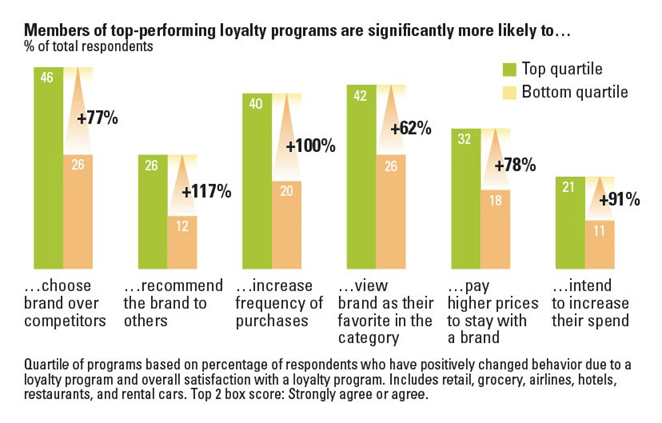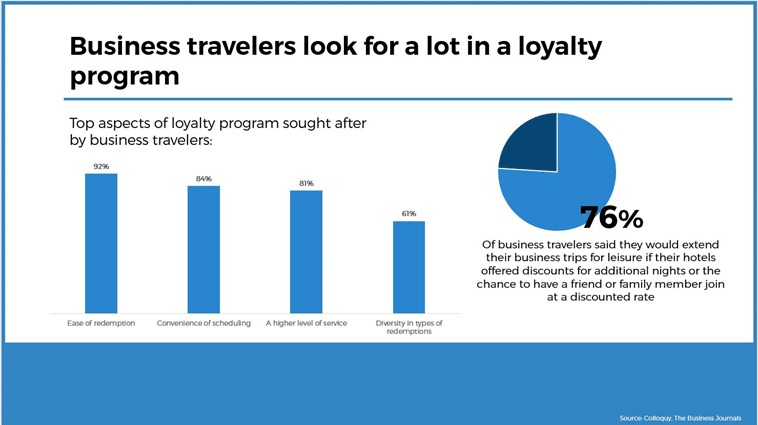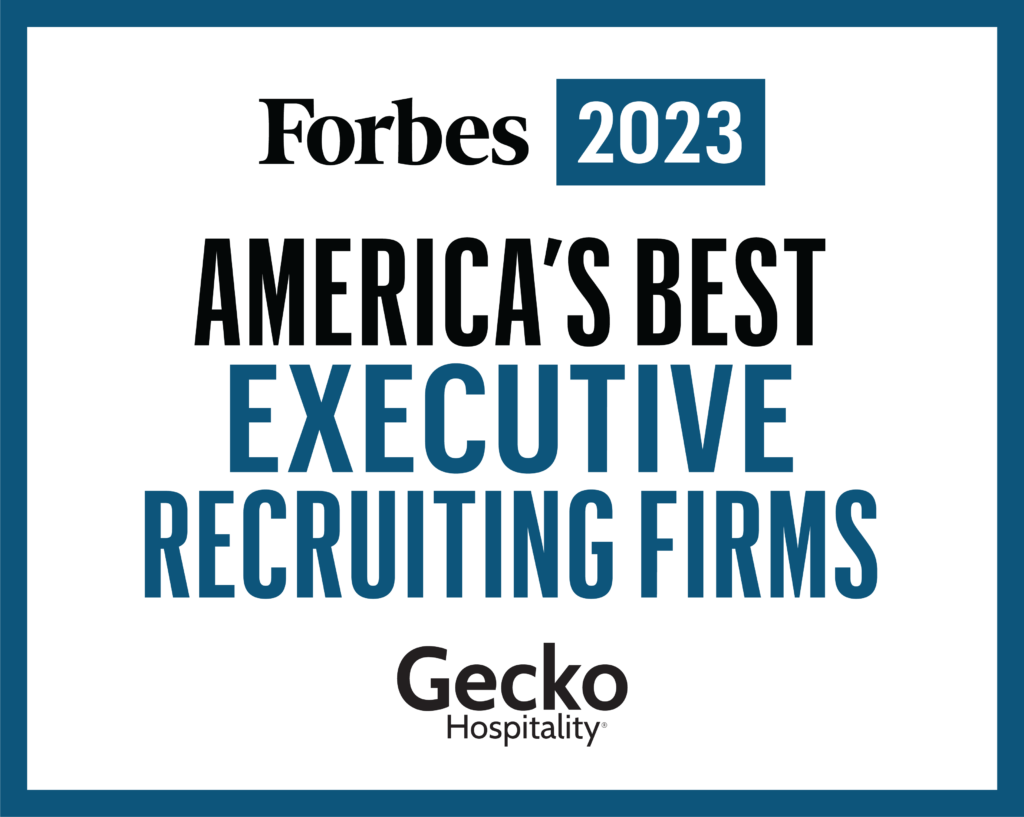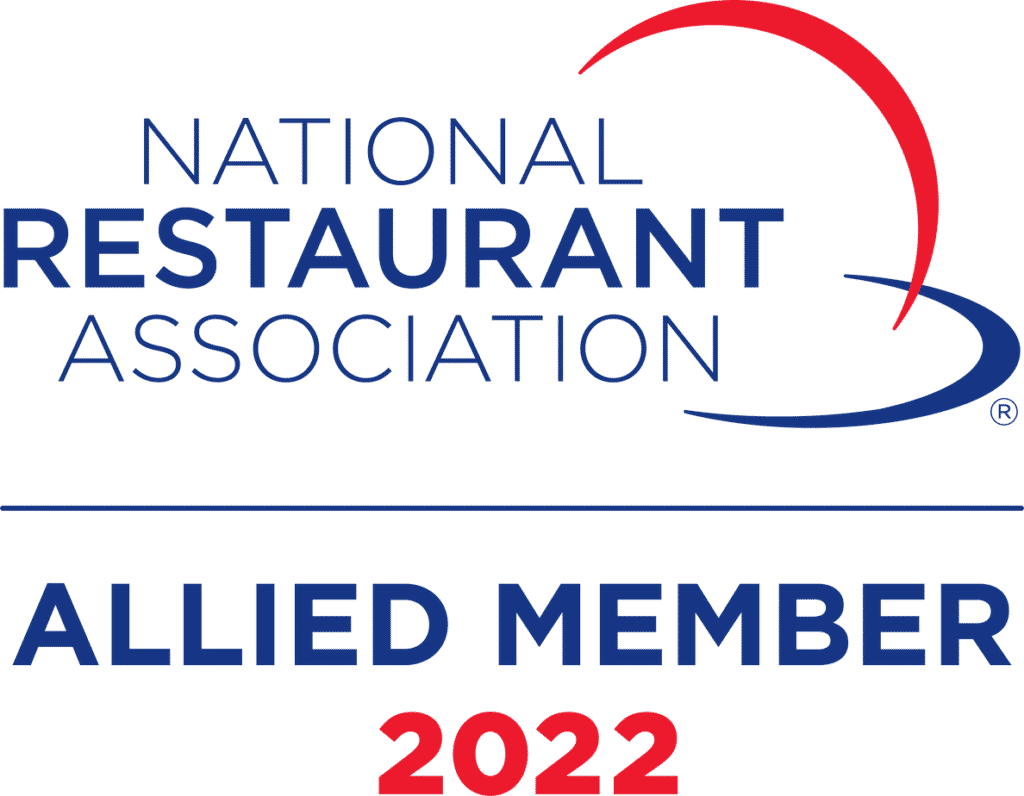Loyalty of a hospitality business customer has been recognized as the dominant factor in the success of the firm. But with so many brands and properties competing against each other, this can be difficult. Hotels want guests to stay more than once and casinos and restaurants depend on repeat customers for their survival. Guest loyalty used to be a real thing—think the Carlyle Hotel or The Plaza. But the loyalty of yesteryear is being replaced with, “What have you done for me lately?”
Habit or Loyalty?
Let’s look at what is meant by guest loyalty. Guest loyalty is when a person gives repeat business to a hospitality company. It’s when loyal customers choose one company or location over other available options, even if it means spending more money. This is why it is so important for hospitality businesses to do all they can to harness loyalty. These businesses want to find a way to attract and keep a loyal following.
According to a MIT Sloan Management Review, companies implement new loyalty programs at the rate of 9% each year. The study found that consumers who participate in loyalty programs are 80% more likely to choose that brand over competitors. They are also twice as likely to recommend the brand to others.
Hospitality business leaders want to use the most efficient means possible to attract guests to their establishments. Part of these marketing efforts include establishing a loyalty program. The concept behind increasing guest loyalty is simple in nature. When a consumer uses loyalty points, they are doing so because they have them. It’s not always because they are loyal to the hotel or other hospitality businesses.
The points can benefit guests in the long run. Of course, it does help that they like the place where they are redeeming their rewards. But the points only take the customer retention so far. If the customer is enticed by another hotel property, they can just as easily jump ship. However, science now shows that encouraging a habit-forming event, like using loyalty points, is a good thing.
According to a Harvard Business Review article, it turns out the brain is a gap-filling machine. It takes incomplete information from the world and fills in missing pieces using past experience. For us in the hospitality industry, this is when a customer makes a decision because it “just feels right.” Psychologists call this processing fluency. For a decision to feel right for a guest, it’s because they are familiar with the hospitality business.
They’ve been there before due to the use of their loyalty points or program the company uses. The guest’s loyalty is strengthened because of habit. It’s not like the chicken and the egg—we know what came first: It was the efforts of the loyalty program that led the guest to form the habit of patronizing the business. So we know that loyalty programs do work, if done the right way. But how should we get our guests to be loyal to our businesses?
Trust Increases Loyalty
In his article, Guest Loyalty is Not Dead—It’s Just Really Boring, Ellis Connolly makes a an interesting point. He says that the way we’ve been going about guest loyalty is no longer working. He suggests that loyalty should be based more on trust than on traditional loyalty programs. But how can we do that? How can we instill trust in our customers so that they become loyal guests?
There are several ways we can do this. Here are eleven steps you can consider implementing. If you can’t commit to all of them, at least choose two or three to focus on now. Then build on your guest loyalty program to ensure you are doing so to build trust.
- Tailor the program-You want your loyalty program to provide benefits for both the head and the heart. Learn what your guests desire then provide those things.
- Match the value-The goal is to make customers repeat their purchases by matching the value proposition to their needs.
- Exceed expectations-The goal is to strive for feedback that says “excellent” rather than “good.”
- Be unique-By fending off competitors through ever-evolving uniqueness and personalization, the company can achieve sustainable competitive advantage. Find your USP (Unique Selling Proposition) and capitalize on it.
- Respond to guest reviews-Whether good or bad, make it a daily task to respond to all customer feedback.
- Build relationships-Learn the names of your frequent travelers and restaurant guests. Take time to ask them about their lives—how their family is doing, etc.
- Provide personalized experiences-Leave notes to the guests in the room. Have their favorite bottle of wine waiting for them on the table. Get creative in personalizing your guests’ experiences.
- Create guest profiles-Review the stay histories or visits to the restaurant and track guest’s likes and dislikes. Do they have a food allergy? Do they bring pets? What special requests have they made in the past?
- Apply the guest feedback-To guarantee you exceed expectations, apply the information a guest gives you to future stays and visits. Check the television connection. Make sure the steak is medium rare this time, etc.
- Go tech-A brand loyalty study found that 56% of respondents wanted to use technology. They stated that it’s very or extremely important that a brand uses technology to make the experience seamless.
- Market to Millennials-As stated in a Deloitte study, if they don’t remember boom boxes, they probably won’t remember you. The generation of American adults between ages 18 and 34 numbers 80 million and spends $600 billion a year. Millennials are highly social and interconnected creatures who use digital platforms. Use social media and other tech outlets to share loyalty programs with this generational group.
Don’t Throw Out Your Customer Loyalty Program
It’s not that you have to get rid of your guest loyalty programs. When used correctly, loyalty programs work—if the focus is on building trust. Loyalty programs are just a way to reward guests for spending money at your property. This is usually done in the form of points that members earn to redeem for services at a later date. Try to make the redemption of points to be used for anything that enhances the guest experience. These can include:
- Overnight bookings
- Room upgrades
- Taxi or Uber fares
- Hotel shopping expenses
- Discounts on area attractions
- Online shopping credits
- Cash-back redemptions
- Free laundry services
- Complimentary spa treatment
- Complimentary valet parking
- Select in-room amenities
- Complimentary early check-ins or late check-outs
- A guarantee that there will be no blackout dates on member rates
Frequent travelers, like those on business, love the opportunity to pick up points and use them later for leisure. But it’s not always about the points. A brand loyalty study found that 78% of travel members value a program that recognizes them as a member. They want the benefits of being in an exclusive club. They want to feel special and recognized. A well-constructed guest loyalty program can provide that and more.
The Gift of Loyalty
Guest loyalty is the sum total of everything a brand does. It is everything the customer sees, hears, or experiences before, during and after any interaction. Now more than ever, hospitality companies must embrace this idea. Customer demands and expectations are higher than they’ve ever been. Each time a guest choses your establishment, it gives you the advantage over those they didn’t choose. Don’t lose this opportunity to “WOW” them. Keep the rhythm going and ride out the moment they’ve given you.








